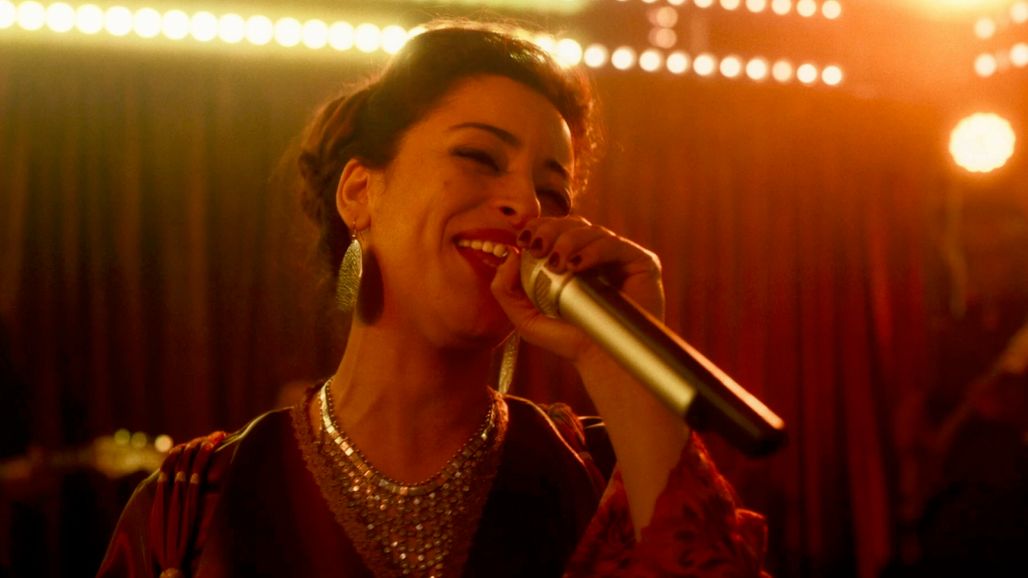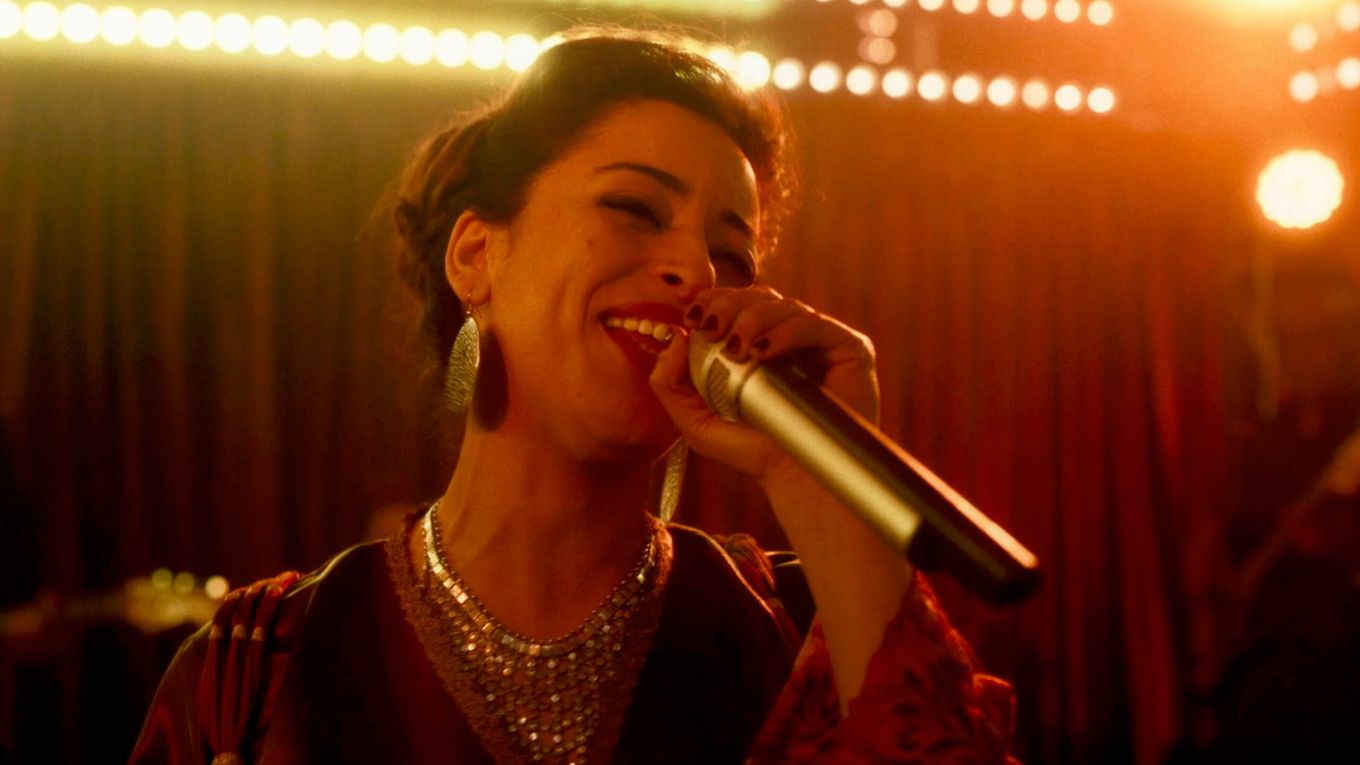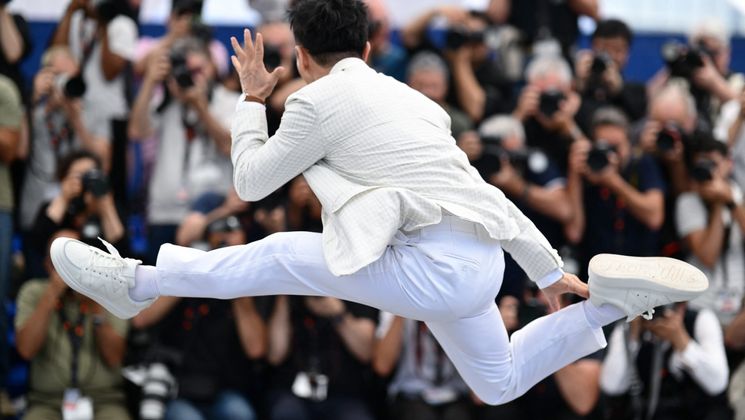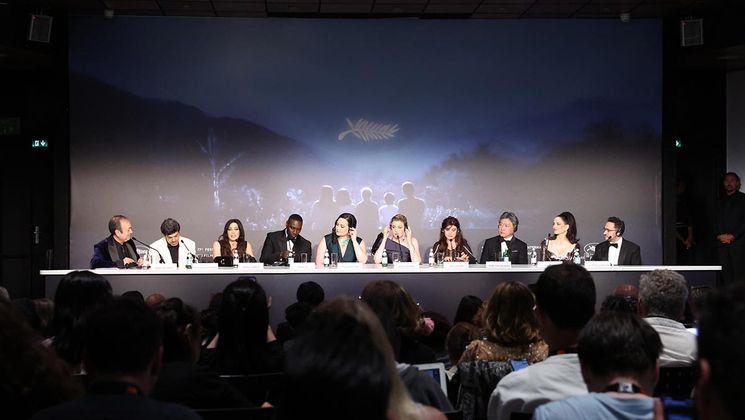
Nabil Ayouch reinstates shikas in Everybody Loves Touda

Nabil Ayouch takes Moroccan cinema to new heights by exploring his country’s taboos. First came jihadism in Les Chevaux de Dieu (Horses of God) (Un Certain Regard, 2012) then prostitution in Much Loved (2015); in his new opus, he unveils the lives of women who are both fascinating and scorned: the shikhas, in Everybody Loves Touda, presented in Cannes Première.
Touda dances, Touda sings, Touda drinks. In her small village, she performs in bars and lives a frugal existence with her deaf son. But Touda dreams bigger. She wants to move to Casablanca to become a sheikha, a great traditional artist, and give her son the opportunity to study.
Nabil Ayouch’s aims to return credibility to the shikhas, those traditional singers who were once revered in Morocco and seen as the soul of the population, but who are now denigrated. The shift occurred when they had to migrate to the cities in the 1970s, adapt their repertoire accordingly, and perform in cabarets. With alcohol, the male gaze, subversive songs, these women inspire both desire and repulsion.
Through Touda’s journey, Nabil Ayouch reveals the power of these women, paired with their vulnerability. Violence and humiliation do not mar his character’s quest. Everywhere, all the time, men around her, even her family, are threatening. The only exception is an old violinist met in Casablanca, who will help her on her artistic quest.
Writing the scenario was a joint effort by Nabil Ayouch and his wife, Maryam Touzani, a member of the Jury of Feature Films Jury last year and director of the delicate Bleu du caftan (The Blue Caftan) (Un Certain Regard, 2022) and of Adam (un Certain Regard, 2019). In this film, she directed Nisrin Erradi, who now plays Tuda, following a long immersion in the lives of shikhas.



